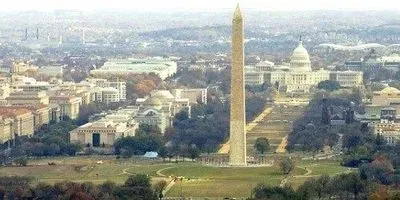Over the last several days, as President Donald Trump signed one executive order after another, scientists across the U.S. were connecting to prepare a March for Science on Washington, DC. Yesterday, the organizers announced an official date for the demonstration—April 22, Earth Day. But amidst the excitement surrounding the event, some scientists have argued that a march may not be the best way to effect change.
In a widely circulated New York Times opinion article, coastal geologist Robert Young of Western Carolina University argued that the march is “a terrible idea,” as it could deepen the divide between conservatives and liberals, reinforce the idea that scientists are a political interest group, and ultimately increase the size of an existing echo chamber within the community.
“There’s ...















